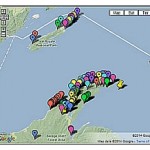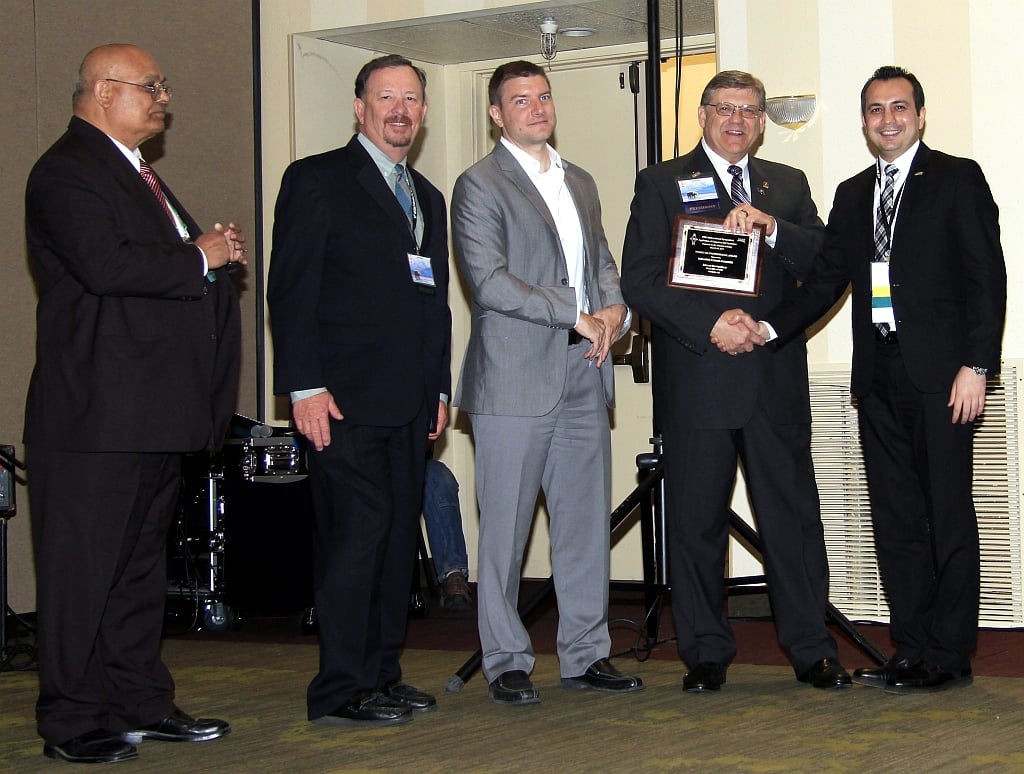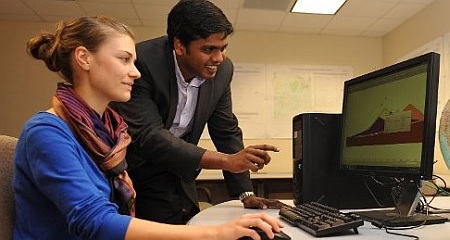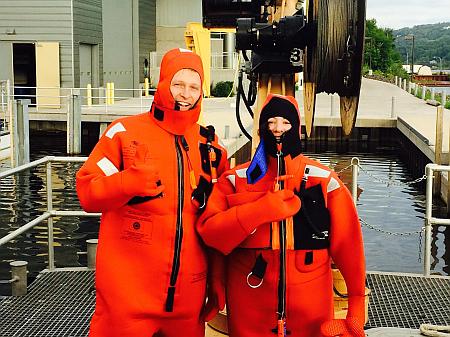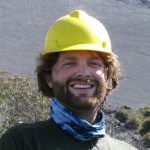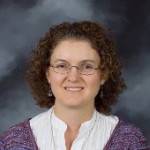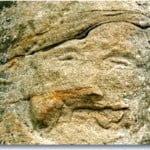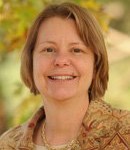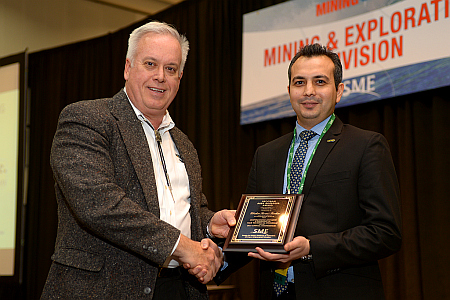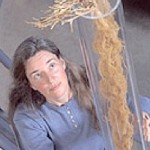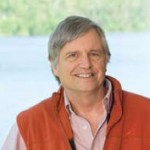 Bill Rose has started an effort to help get a local geoculture by doing a weekly department seminar. The idea is to have a partly technical and partly social event every friday from 3-4 (beginning Sept 4) with refreshments 4-5 pm.
Bill Rose has started an effort to help get a local geoculture by doing a weekly department seminar. The idea is to have a partly technical and partly social event every friday from 3-4 (beginning Sept 4) with refreshments 4-5 pm.
Speakers from the department and other parts of the university and beyond have been scheduled. All of these people want to communicate with our geocommunity. They all can help us by being part of our support group for teaching, research, outreach and learning in general. These are mostly people that we don’t see every day, but who know about the Earth, Earth Science, Geology, Geological Engineering, Geophysics and Mining. The seminars will be done to inform all of us about our geocommunity, its elements and opportunities.
You may realize that Michigan Tech is a geouniversity, created because of its fortunate geology. Many people are here, whether they realize it our not, because of Earth’s gifts here and our geoheritage. You, as a member of the geocommunity have advantages and benefits that you may not know about.
Among the main things that you could get out of participation in this seminar series are:
1. Being able to write a better proposal, that explains its relevance more broadly, something that could help you get funding.
2. You might be able to identify outside examiners for your MS or PhD research.
3. You might learn about a part of geoscience or engineering that could help you do better work, or understand things better.
4. You might improve at explaining your future to your grandmother.
5. It will be fun and interesting.
We hope you will want to come every friday! 3-5pm
See the Website http://www.geo.mtu.edu/~raman/SilverI/Geoseminar/Welcome.html
